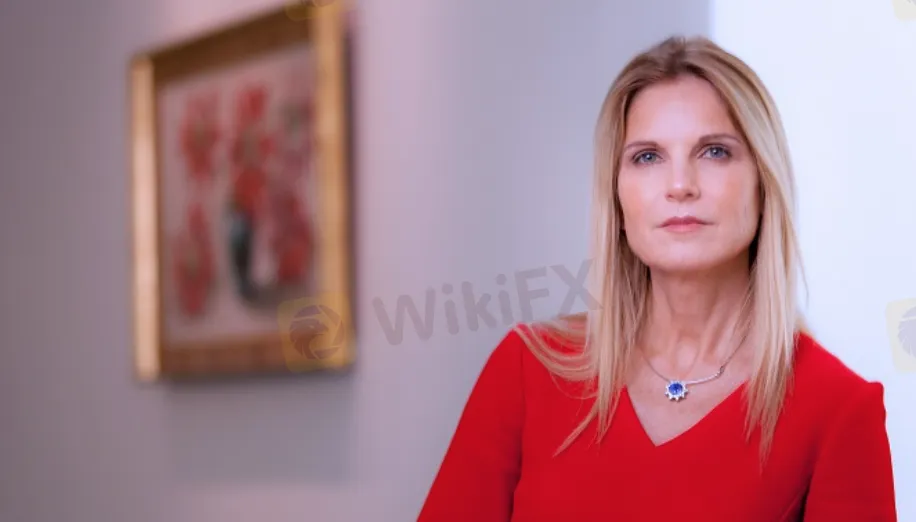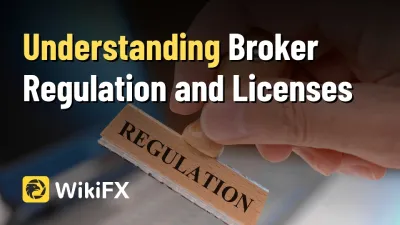Abstract:According to Magda Wierzycka, South African investors should always strive to increase their exposure to foreign markets through a diverse portfolio of stocks.
One of South Africa's richest women, Wierzycka is the founder and executive chair of Sygnia Limited, which is listed on the JSE. Speaking at a recent Moneyweb conference, she advised individuals looking to build wealth to diversify their portfolios and consider long-term investments abroad.

Bonds and certain stocks should make up any residual local fund allocations. It was hard to be “enthusiastic,” she continued, about local equities as a long-term investment choice.
You simply need to consider the fundamentals, such as South Africa's economy, which is experiencing stagnation, rising unemployment, and soaring inflation. Our resource firms are under more strain as a result of the growing infrastructural issues, which affect both transportation and power.
To be very honest, I don't see how South African stocks now provide excellent long-term value to investors. Unless a miracle occurs and the ANC uses a magic wand—which they don't have—to solve every issue facing the nation.
According to Wierzycka, she also has exposure to the private investment sector in other countries, particularly startups, providing extra exposure outside of the equities market.
Several reasons to be optimistic:
Although it is challenging to be optimistic about South Africa right now, Hlelo Giyose, chief investment officer of First Avenue Investment Management, said there are still reasons to be optimistic about the nation in the long run.
Even after accounting for inflation and dollar values, he pointed out that South Africa's stock market has been the second-best performing in the whole globe since 1910.
This has occurred in large part due to South Africa's contribution of commodities to global growth. Amazing management firms with a strong emphasis on capital allocation and avoiding overbuilding exist in South Africa, the speaker claimed.
“We are de-industrializing because we are so focused on obtaining returns per dollar-per-rand spent, unlike the Chinese and Japanese management corporations who develop capacity and overstock the market with capital - with manufacturing capacity, with industrial capacity.”








